There are some moments you never forget.
One of those moments came on November 7 2019 when a specialist broke the news that I had stage-four bowel cancer. I was told, matter-of-factly, that I had a large primary tumour in my colon, and that it had already spread to my liver in five separate spots, possibly more.
I was 44, a busy mother, author and journalist. My children were just nine and 11.
Another unforgettable moment occurred just a few days later, as I lay on a reclining chair in Holmesglen Private Hospital, in Moorabbin, south-east Melbourne, squinting beneath the luminous strip of lights overhead, as a nurse readied herself to pierce the skin just under my collarbone. She was gripping a needle so wide it reminded me of a fishing hook. A large one.
As I lay there, waiting for the nurse to access my newly installed portacath, in order to intravenously administer my very first dose of chemotherapy, the enormity of the situation threatened to overwhelm me. Doctors were already talking hair loss and complex open surgery and nausea.
To prevent myself sliding into panic, I focused on the present moment. I concentrated on counting the shiny bright pink threads of my scarf draped over my bag and forced myself not to look ahead.
And that’s the approach I’ve taken ever since: step by step, minute by minute, focusing on the immediate moment, not the catastrophic possibilities of a cancer-filled future.
And that’s the approach I’ve taken ever since: step by step, minute by minute.
Now, as I gratefully mark three years since my initial diagnosis – a milestone I only had a 45 per cent chance of reaching – I’ve taken time to reflect on the many other lessons I’ve learned along the way.
1 Our bodies are fragile
When I was younger, I travelled, worked and explored the world at such a fast pace that I didn’t always treat my body the way it deserved. I know I am not alone in that. It’s only now, after realising that cancer begins its destructive path with one single damaged cell, which divides and multiplies quickly to form tumours, that I’ve come to realise we are such incredibly fragile beings.
Before I was diagnosed I thought I’d been relatively healthy – I drank very little alcohol, I often cycled, swam and always ate fruit, salad and vegetables as much as possible. But was I consistent? Not really. I was a busy, working mother. If I’d known the stark reality of cancer when I was younger, I may have been a little more healthy. After all, the statistics show, shockingly, one in two people will have cancer if they live long enough. Treating the inside with the same respect as the outside is now a priority.
Treating the inside with the same respect as the outside is now a priority.
I’m now much more focused on including superfoods and whole foods in my daily regime such as berries, citrus fruits, leafy greens, oats, legumes and nuts including walnuts and macadamias. I’ve completely eliminated processed meats like sausages, bacon, salami since learning more about the preservatives they contain and the established link that exists with bowel cancer. As US author Michael Greger writes in his bestselling book How Not to Die, eating healthier is the best thing you can do for your long term health. “It’s inexpensive,” he says, “And it might just save your life.”
2 Cherish friends and the (un) kindness of strangers…
It’s often said that cancer can be a “great revealer” when it comes to the relationships in your life. And to an extent this is true. But I have learnt, over time, that it doesn’t reveal who cares and who doesn’t.
Everyone cares, but not everyone has the same personality, life experience and wisdom to know what you might need and want. In my case, while some friends seemed to “freeze” and seemed unsure how to help, others came rushing to the door with fish pies and care packages brimming with turmeric tea, magazines and warm socks to wear during chemotherapy.
Everyone cares, but not everyone has the same personality, life experience and wisdom to know what you might need and want.
One dear friend began organising a food train to deliver a meal every night at 6pm when I was feeling at my worst. Those who kindly cooked would end up leaving so much food on the doorstep, such as cakes, slices and fruit, we could hardly squeeze it all into the fridge. And It meant so much – I felt the support through their generosity. I could tell they were willing me on to get through each day through their grand, bacchanalian gestures. It wasn’t just food, it was love.
Shakespeare wrote in Hamlet about the importance of valuing your most loyal of friends and to “grapple them to thy soul with hoops of steel.” I do and I will.
In the meantime, I’ve learnt not to take offence when strangers or even friends say the wrong thing. “Oh my cousin died of that!”, they exclaim, suddenly flustered. One acquaintance even suggested I give up the plan prescribed by my doctors and focus on juicing carrots. It’s not easy but you learn not to hold a grudge. Cancer is awkward and triggering for some.
You realise it’s best just to smile and move on. You also have to remember people are also fighting their own battles. On paper, they may not seem as serious as yours, but they are battles nonetheless and they may not always have the emotional or practical capacity to help you with yours.
3 Being confident in saying no
We are all conditioned to be people pleasers to some extent, to avoid causing offence and to make other people happy – even if means putting their feelings above our own.
Before my diagnosis I occasionally found myself spending time with people I found draining or difficult because I didn’t want to be rude. But once I started cancer treatment, I realised that I couldn’t afford to waste strength or inner resources on people who steal your energy. It’s too exhausting.
As a result, I’ve become quite unusually firm about who I choose to spend time with and how I use my time. It also means saying no to tight work deadlines or social events that will tire me and leave me unable to balance my life as a patient with my role as a mother.
And I’ve learnt it’s ok to say no and to have clear boundaries. The world doesn’t stop turning on its axis. People accept it. It’s been quite the revelation.
I’ve become unusually firm about who I choose to spend time with and how I use my time.
4 Regular health check “MOTs” and tests are vital
As I’ve discovered, even the most incredibly fit and healthy of individuals can be struck down with cancer – or they may have inherited a genetic mutation which meant they were always prone to developing the disease. I’ve come to realise that regular health checks, including mammograms, cholesterol checks and blood tests are vital because early detection can save a lot of very aggressive treatment and also save lives.
Recently, I interviewed Professor Yumman Fong, a world-renowned cancer surgeon and researcher at the City of Hope in California, during a visit he made to Melbourne. In his view, thanks to modern treatments and surgery, cancer is often being fully cured when it’s caught at stage one or two.
“Testing is very important,” he told me, “Because if it’s caught early, it can be successfully treated and a lot of lives can be saved if it hasn’t spread to other organs.”
Dr Fong, who is working with Australian biotech company Imugene to develop a potentially novel cancer-killing virus, urged everyone to have a post-pandemic health check “MOT” as statistics are showing that many cancer cases globally went undetected as people avoided health services.
“As a result, many cancers will have progressed a stage or two which is very concerning,” he said.
The bowel test kit in Australia, a test called a faecal occult blood test (FOBT) is sent in the post when adults turn 50 and then every two years. But you can ask your GP for a free kit or buy one at a pharmacy (for $39.95).
5 Don’t be afraid of being a fierce advocate for your own health
Very often we don’t want to offend doctors by seeking a second opinion. But as a stage-four cancer patient I now believe it’s essential to keep testing out the plan, to pursue the opinion of other experts to see if they agree or would offer any more experienced skills or ideas. For various reasons I’m on my third oncologist, third hospital and second liver surgeon. And I make no apology for it.
I’ve never forgotten a TV documentary about the celebrity self-help coach and author Tony Robbins when he asked a group of people if they’d ever failed and if so why. One by one members of his audience began to offer their excuses such as “there wasn’t a market for my product” or “I couldn’t get investors.” He told them bluntly; “No, you failed because you didn’t use all the resources available to you.”
With this in mind, I now question the status quo, I share research with fellow Australian cancer patients who have become dear friends and seek news ideas through large online cancer forums based in the US. I also push my specialists to see what other treatments or new trials are on offer. I’m perhaps the most annoying-yet-determined patient on earth. But I believe it’s helped me get this far so I don’t intend to change.
I’m perhaps the most annoying-yet-determined patient on earth. But I believe it’s helped me get this far so I don’t intend to change.
6 Appreciate nature and the ordinary wonders of daily life
Once the shock has dissipated, there’s a silver lining that comes with a very serious, life-threatening health diagnosis; you appreciate the smallest things, and the simplest details become quite profound. You are sometimes so far down a deep, dark well of emotions, pain and side effects that the simple act of planting a seedling and seeing it grow or a neighbour dropping off a homegrown lemons makes your heart sing. We have rescued a cat during my cancer journey and she brings so much joy, along with our treasured Cavoodle and two budgies. Everything becomes a rainbow; you see how life is so fleeting, so precious.
I now ensure I try to attend every school event or special activity I can with my 14-year-old son and 12-year-old daughter. I relish every moment in their company.
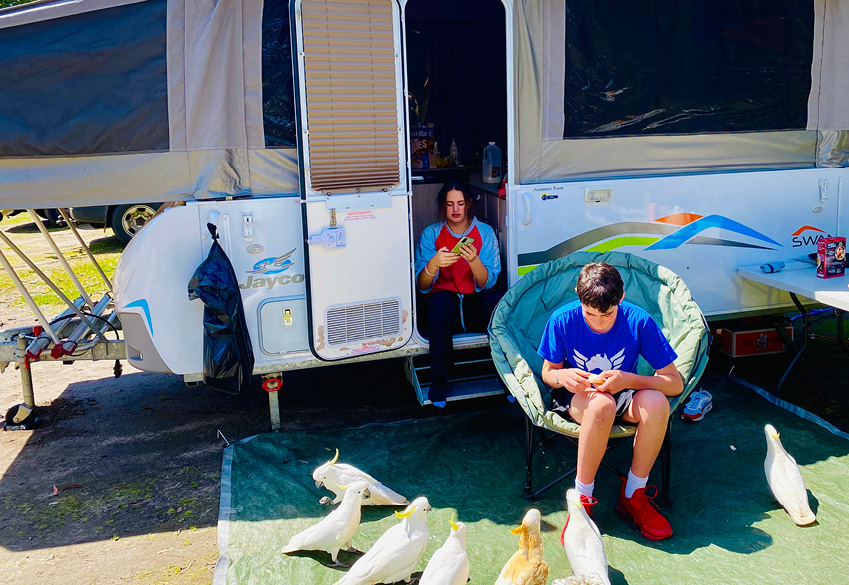
When I was diagnosed, I felt such sheer terror about not being able to see them grow up. I love it when they have friends over and see them interacting and blossoming.
In the second year of my treatment, we decided to upgrade our tent for a caravan so we could do more family camping trips, even in the winter, enjoying the simplicity and beauty of nature, wild animals, birds, hikes and cooking in the open air. It’s become very special family time. I’ve developed a love of camping by rivers, in particular, and love the feeling of fresh energy rush past. In short, I became a tree-hugging hippie and proudly so; nature is a healer, even just a walk down the road helps when times are tough.
7 Don’t let the fears of the future ruin your today
I’ve now endured four major open surgeries, more than 1000 hours of chemotherapy and suffered countless side effects. I’m now just on fortnightly targeted anti-body therapy, allowing me to work and exercise and live a relatively normal life, but it’s likely I will need more aggressive treatment in the months to come.
As a cancer patient there are naturally a lot of fears surrounding the unknown, a forthcoming surgery or the results of scans. I realised that for my day-to-day quality of life it was far better to try to not worry about the future. My worries would dominate my well-being and affect my mental health.
The amount of treatment I needed when I was first diagnosed seemed like my own personal Mount Everest, with the summit utterly remote, treacherous and precarious. Focusing on the here and now became an essential decision of self-preservation, as it turned out. This wasn’t just going to be a physical battle, I realised, but a mental battle. I know I have to try and win both, in my bid to survive.
8 Cancer patients are still human
Naturally it’s ideal if you avoid toxins, too much sugar, processed foods or alcohol. But that’s not always realistic.
Despite major changes to my diet and lifestyle, in my bid to help my immune system and give my body its best chance during my battle, I’m still human. I can’t be perfect, the pressure is too great.
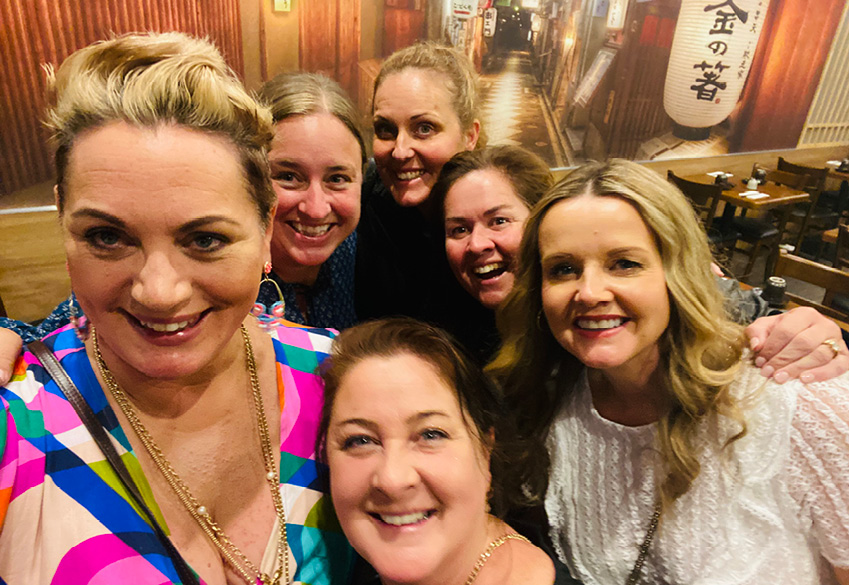
Sometimes I need to let loose, put on heels and go out and dance with my girlfriends or indulge in a special meal.
I need to feel free. To feel myself. To feel alive.
And not feeling guilty about that has been my biggest life lesson of all.
*This is not direct medical advice. For personalised medical advice please speak to your doctor




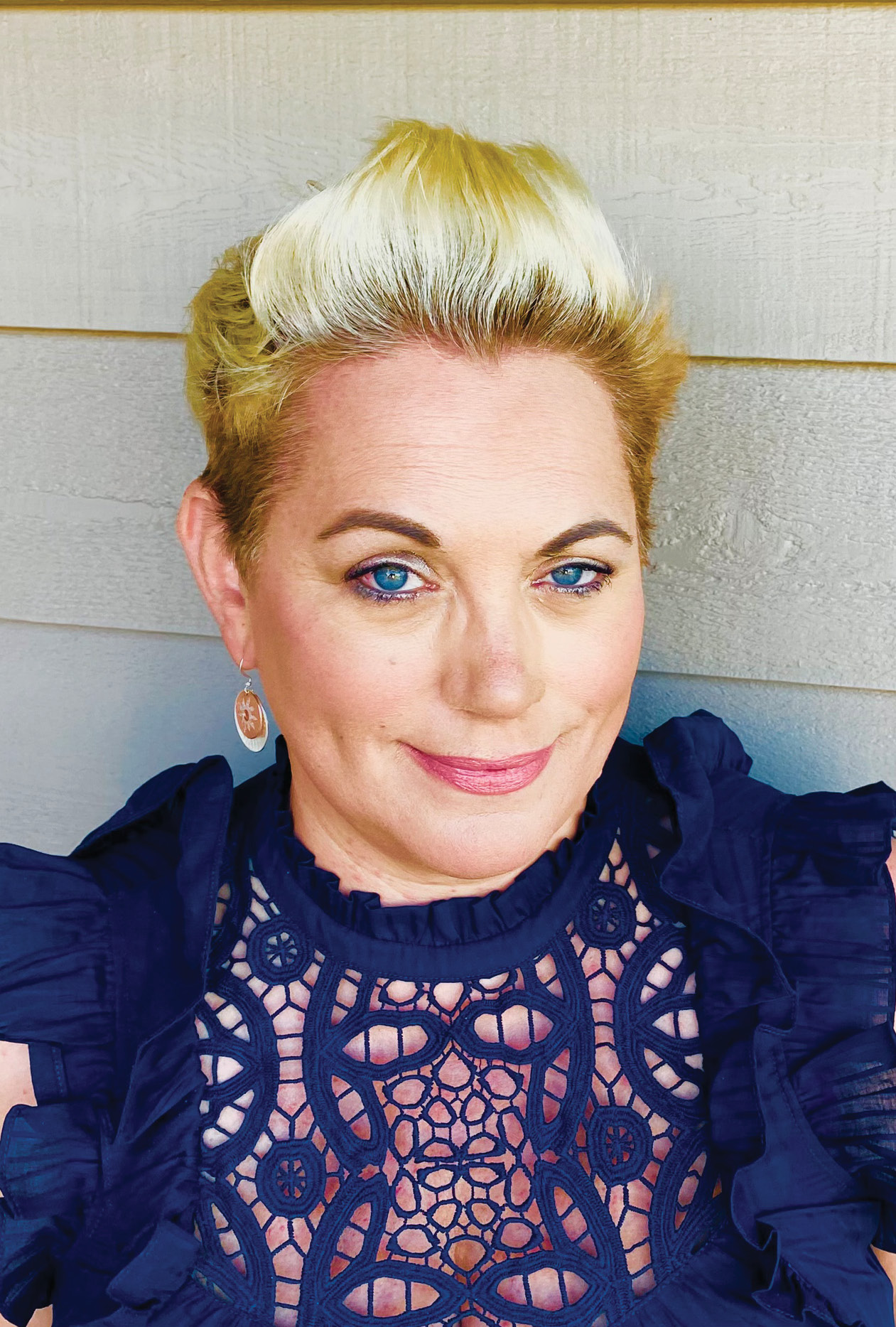
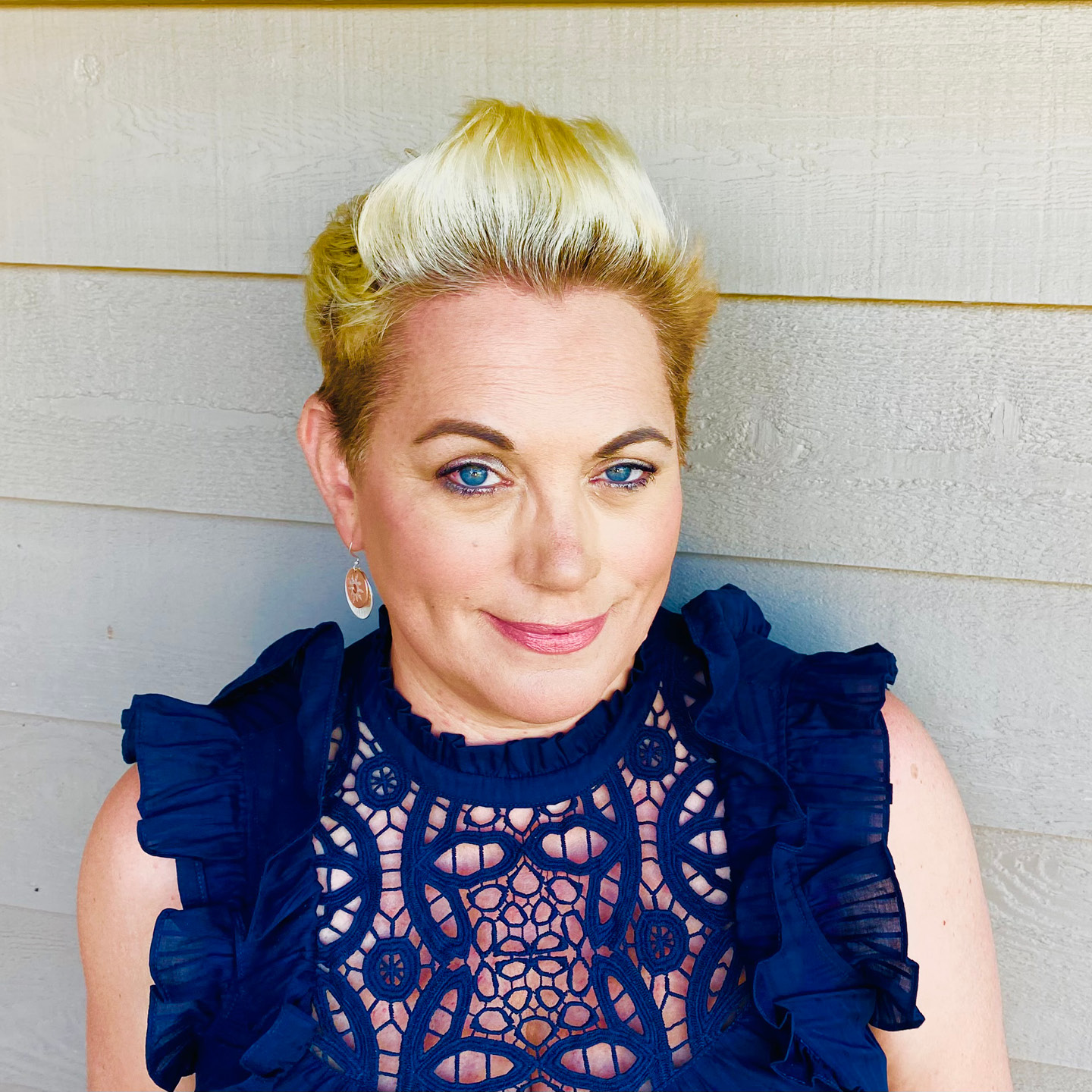

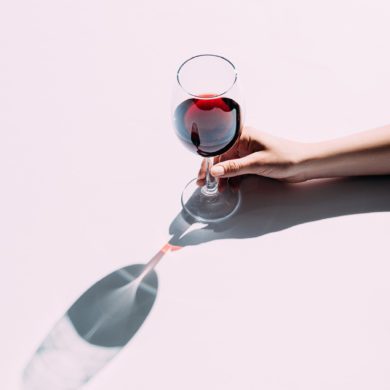
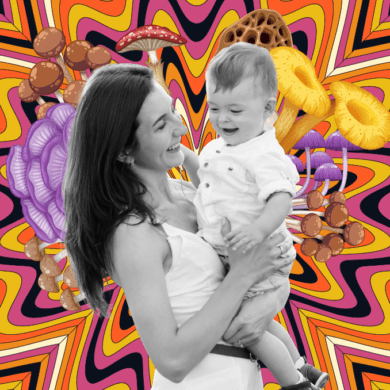
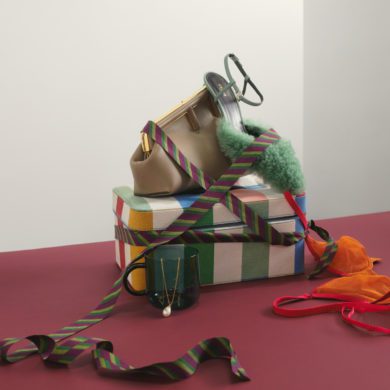
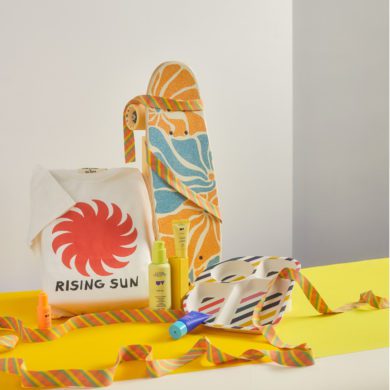
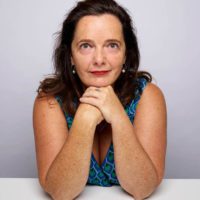
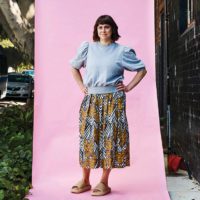
No Comments